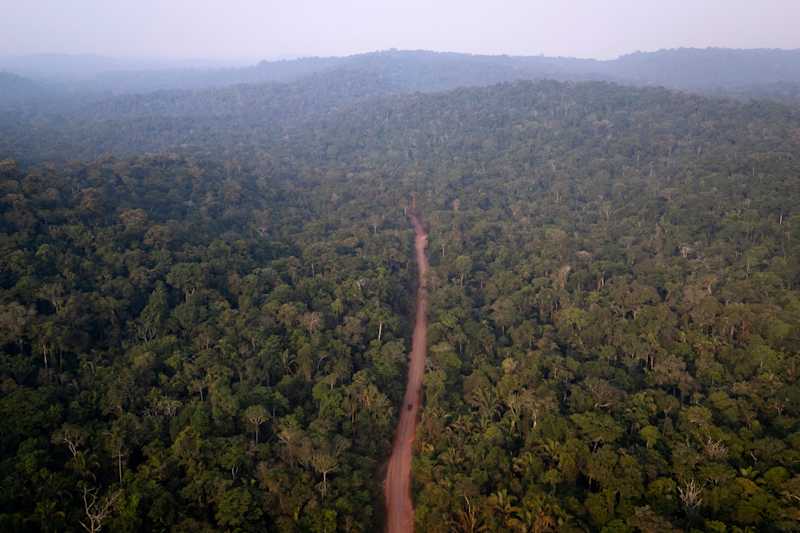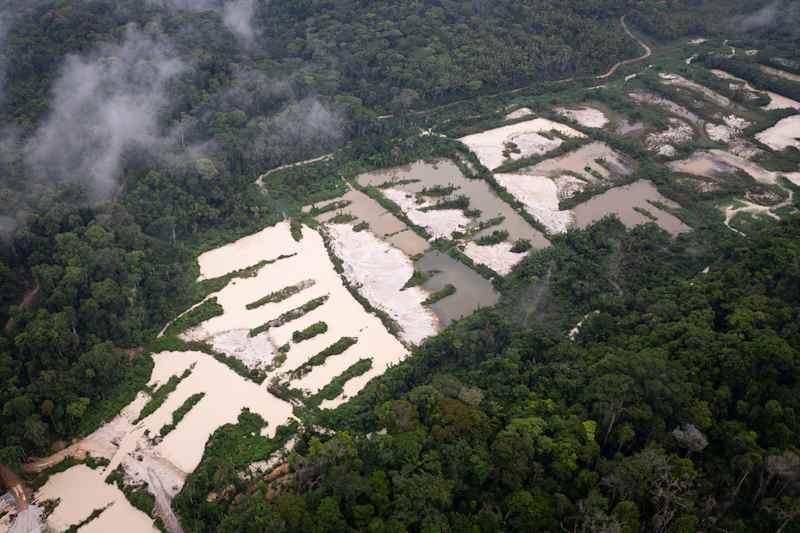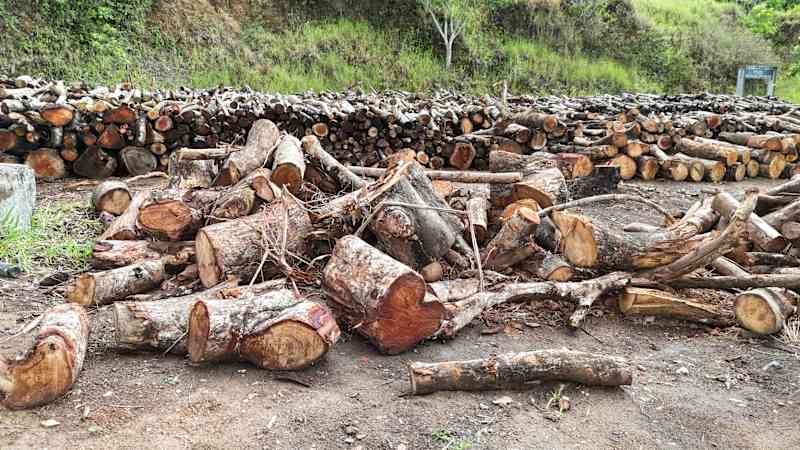Brazil’s deforestation slowed by almost a third last year, says report

Last year was the second consecutive year of reduced deforestation in Brazil.
Deforestation in Brazil slowed by almost a third last year, according to a report published today (Thursday). Deforestation refers to the deliberate destruction of forests, such as clearing them for agriculture or grazing.
According to MapBiomas, an organisation that monitors deforestation in Brazil, 32.4% less forest was destroyed last year than in 2023, equivalent to around 1.24 million hectares.
Last year was the second year in a row that deforestation in Brazil slowed down. In 2023, deforestation slowed by 11% compared to the previous year.
Deforestation decreased in all living communities
Brazil is the largest country in South America and has six different biomics, or living communities that each have its own climate, vegetation and fauna.
According to Mapbiomas, the forest roof slowed down in all Brazilian biomets for the first time in six years last year. Brazilian biomics are Amazonia’s tropical rain forest, Atlantic forest, Cerrado tropical savannah, Caatiga dry shrub, Pantanal wetland area and Pampa’s area.
Although forest roofs have slowed down, Brazil lost about 3,403 hectares of the country’s original vegetation daily last year. It corresponds to over 8,000 football fields.
In Amazonia, forest felling destroyed an average of 1,035 hectares daily, about seven trees per second, the Mapbiomas report stated.
Forests do not include forests in forest fires. There were a record number of them in Brazil last year. The pieces were accelerated by the extreme heat and the drought, which was aggravated by climate change.
Mapbiomas is a network of cooperation consisting of non -governmental organizations, universities and technology companies.
*Source: AFP*


